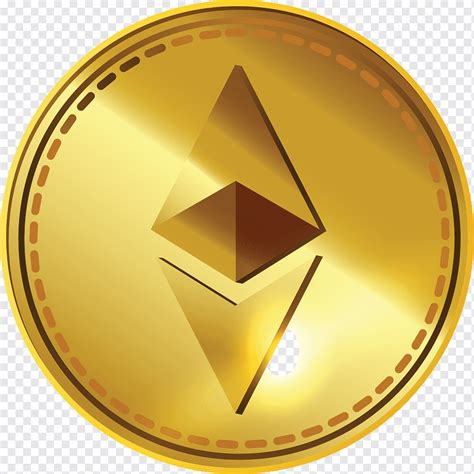Ethereum: What are the differences and similarities among Paymium, Bitpay, Coinbase, etc.?
Ethereum: A Comparison of Payment Systems Among Paymium, Bitpay, Coinbase, and Others

In recent months, several payment systems have gained attention for their innovative approaches to cryptocurrencies. Two notable companies that have received licenses from banks in France are Paymium and Bitpay. While both platforms share some similarities with traditional payment systems, they also have distinct differences. This article will provide an overview of the differences and similarities between these payment systems.
Paymium: A New Player in the Cryptocurrency Space
Paymium is a French company that has been licensed as a bank without providing any financial services to its customers. In March 2022, Payium received a license from the Banque de France (the central bank of France) to operate as a payment service provider (PSP). This license allows Payium to accept and process payments, but it does not enable it to provide traditional banking services such as deposit accounts or lending.
Bitpay: A Payment Solution for Cryptocurrencies
Bitpay is an American company that has also received a license from the Bank of France. In May 2022, Bitpay was granted permission to operate as a payment processor (PP), which enables it to process payments made using cryptocurrencies such as Bitcoin and Ethereum.
Coinbase: A Well-Established Cryptocurrency Exchange
Coinbase is one of the largest and most well-established cryptocurrency exchanges in the world. In June 2022, Coinbase was granted permission to operate as a payment service provider (PSP) by the Bank of France. While Coinbase does not provide traditional banking services, it can facilitate transactions using cryptocurrencies.
Comparison of Payment Systems
Here is a summary comparison of Paymium, Bitpay, and Coinbase:
- Licenses: All three companies have received licenses from the Bank of France to operate as payment service providers (PSP) or payment processors (PP). However, Payium’s license specifically allows it to accept and process payments without providing traditional banking services.
- Payment Processing: Bitpay is a more advanced payment solution that can process transactions using cryptocurrencies. Coinbase is also capable of processing cryptocurrency transactions, but it has limited functionality compared to Bitpay.
- Transaction Fees: The fees for each company’s payment services vary. Payium charges around 2-3% transaction fees, while Bitpay charges between 1-5% depending on the transaction amount. Coinbase does not charge any fees for its payment services.
Similarities Among Payment Systems
Despite their differences in licenses and payment processing capabilities, all three companies share some similarities:
- Cryptocurrency Support: All three companies support cryptocurrencies such as Bitcoin and Ethereum.
- Mobile App: Many of these companies have mobile apps that enable users to send and receive payments using various cryptocurrency options.
- Security: The security of each company’s platform is paramount, with measures in place to protect user funds and prevent illicit activities.
Conclusion
Ethereum has become a hub for innovation in the payment space, with several players vying for market share. Payium, Bitpay, and Coinbase have all received licenses from banks in France to operate as PSPs or PP. While each company has its unique strengths and weaknesses, they share some similarities in their cryptocurrency support, mobile app capabilities, and security measures. As the payment landscape continues to evolve, it will be interesting to see how these companies adapt and innovate in response to changing market conditions.
References
- Banque de France. (n.d.). Payment services.
- Payium. (n.d.). About Us.
- Bitpay. (n.d.). About Us.
*Coinbase. (n.d.). About Us.
- Google News. (2022, June).